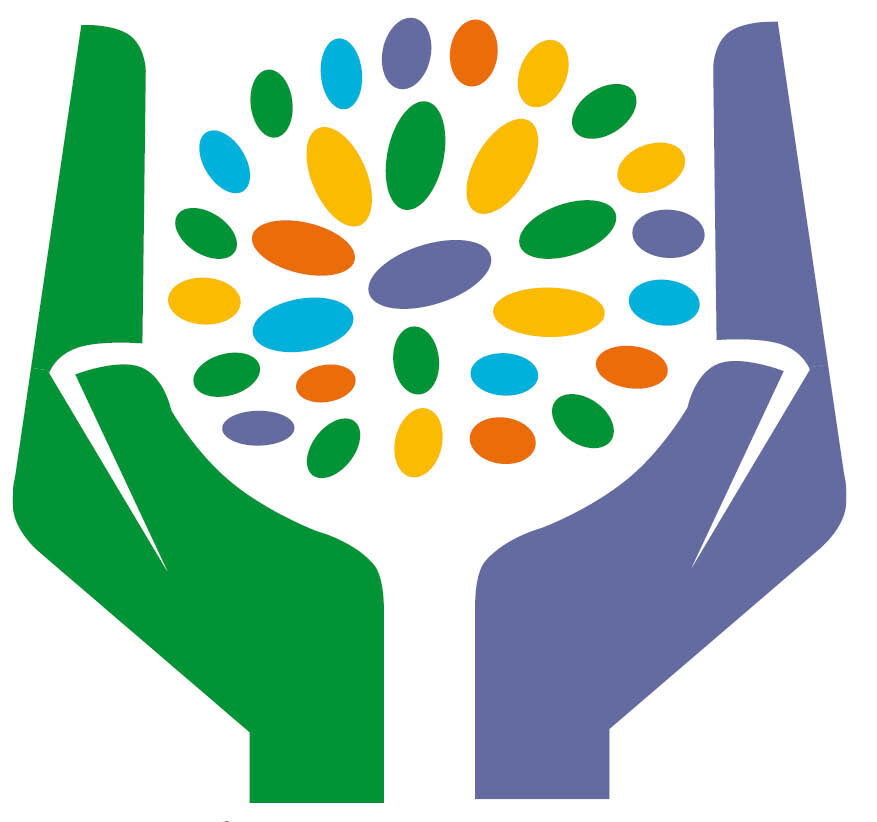PE
Why?
- Develop Motor Skills: Help our pupils build coordination, balance, strength, and control through a variety of physical activities.
- Build Confidence and Resilience: Support our pupils in setting goals, trying new activities, and learning from mistakes to build self-belief and perseverance.
- Promote Physical Health and a Lifelong Love of Movement: Encourage regular physical activity to support health and well-being, while inspiring our pupils to enjoy being active and stay active throughout their lives.
- Support Emotional Regulation: Use physical activity to help our pupils manage emotions, reduce stress, and improve focus.
- Promote Teamwork, Fair Play, and Respect: Teach our pupils to work together, communicate effectively, and show fairness, inclusion, and good sportsmanship in all physical activities.
Our Teaching Approach – Scheme – PE Planning
- Two PE lessons per week based on structured PE planning to develop physical skills and promote active engagement.
- One optional physical wellbeing activity each week to encourage our pupils to participate in activities that support their overall health and wellbeing.
- Daily personalised brainstem calming activities to help our pupils regulate their emotions and prepare their minds and bodies for learning.
Why PE Planning?
- PE teaching is linked to the national curriculum, ensuring structured progression and clear learning outcomes.
- Lessons are designed by experienced PE teachers, bringing expert knowledge and practical understanding to each session.
- Pupils experience a broad range of topics, helping them develop a wide variety of physical skills and interests.
- Lessons are active, fun, and engaging, encouraging all pupils to take part and enjoy physical activity.
Links with occupational therapy
Occupational therapy will advise and support how to develop skills and interventions at a whole class level including Zones of Regulation training/sensory circuit training for staff and sessions for pupils in the school.
Occasional referrals for individual pupils will request the development of a physical programme and this will be combined where possible within the child’s individual targets in the short-term planning.
Impact
Pupils will understand the importance of physical activity in their daily lives for health and well-being with a developing awareness of what they need to do to stay fit. They will also build up knowledge of a range of sports and physical activities that they enjoy taking part in. Crucially pupils will develop a clear understanding of the benefits of physical activity on their mental health, self-regulation and how to consider which activities help them. Pupils work on developing skills around teamwork and supporting others in an empathic way, giving and responding to constructive feedback.
.

